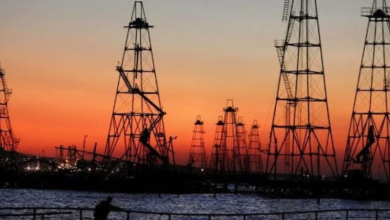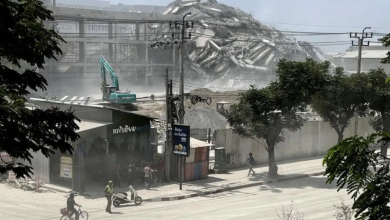Climate crisis study shows West Africa heatwave greatly intensified

A recent study has shed light on the severe heat wave that swept through West Africa in February, revealing a troubling truth: human-induced climate change significantly exacerbated its intensity. The study, conducted by the World Weather Attribution group of scientists, found that global heating made the heatwave a staggering 4 degrees Celsius hotter and increased its likelihood by tenfold. This revelation underscores the undeniable influence of human activities, particularly the burning of fossil fuels, in amplifying extreme weather events worldwide.
Implications for Agriculture and Economy
The consequences of this heatwave extend far beyond temperature records. The region’s agriculture, a cornerstone of its economy, bore the brunt of the extreme weather. Cocoa farmers, already reeling from the aftermath of extreme rainfall in December, reported weakened trees further compromised by the heat. The resulting damage has contributed to a surge in cocoa prices, exerting additional pressure on an already fragile agricultural sector. This interconnectedness between climate-related events and economic stability highlights the urgent need for comprehensive adaptation strategies in vulnerable regions.
Vulnerable Populations at Risk
The soaring temperatures and elevated humidity levels during the heatwave posed significant health risks, particularly for vulnerable populations. The elderly, individuals with pre-existing health conditions, and outdoor workers were especially susceptible to heat-related illnesses. With temperatures exceeding 40 degrees Celsius and a heat index reaching a scorching 50 degrees Celsius, the danger was palpable. Compounded by the lack of acclimatization due to the early occurrence of the heatwave, the situation became increasingly precarious. Urgent interventions are necessary to safeguard the health and well-being of at-risk communities in the face of escalating climate-related risks.
Urgent Call to Action: Mitigation and Adaptation
As the frequency and severity of extreme weather events continue to escalate, urgent action is imperative. The study underscores the pressing need for immediate measures to mitigate climate change and reduce greenhouse gas emissions. Without swift and decisive action, such heatwaves are projected to become increasingly frequent and severe, exacerbating the already dire situation. Additionally, adaptation measures, including early warning systems and heatwave preparedness plans, are critical to building resilience in vulnerable regions. The global community must prioritize climate action and provide support to those most affected by the impacts of climate change.
The recent heatwave in West Africa serves as a stark reminder of the urgent need to address the escalating impacts of climate change. From exacerbating economic instability to endangering public health, the repercussions of extreme weather events are far-reaching and severe. However, amidst the challenges lie opportunities for concerted action and meaningful change. By prioritizing mitigation efforts, implementing adaptation measures, and supporting vulnerable communities, we can work towards a more resilient and sustainable future for all.
Read More: This portion of human population suffers first during droughts in poor areas



